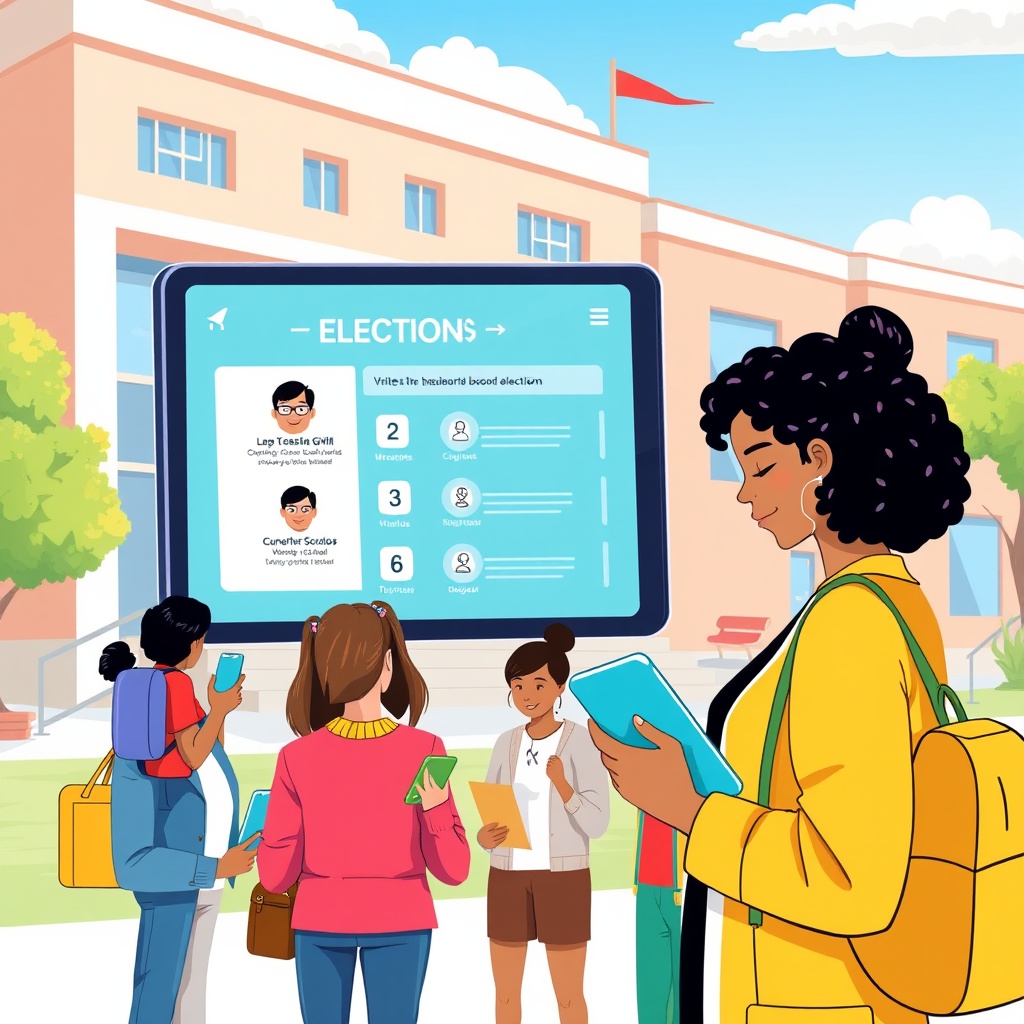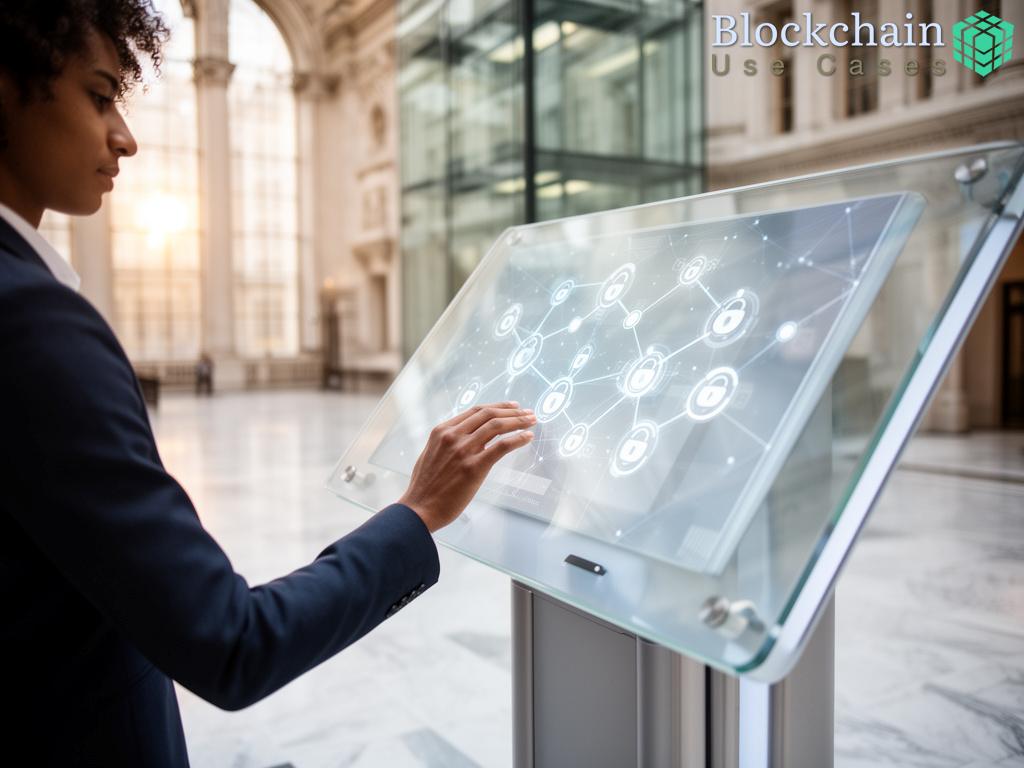Empowering Communities through Technology
In recent years, the traditional methods of conducting school board elections and making critical decisions have faced scrutiny. Many stakeholders have expressed concerns over transparency, accessibility, and the influence of special interest groups. The advent of decentralized platforms offers a promising solution, harnessing blockchain technology to create a more equitable and participatory governance model. This transformation empowers parents, teachers, and community members to have a direct say in the educational landscape.
The Benefits of Decentralized Decision-Making
Decentralized platforms not only streamline the election process but also enhance the integrity of decision-making. By leveraging blockchain’s immutable record-keeping and smart contracts, these platforms can significantly reduce fraud and manipulation, ensuring that every vote counts. Moreover, they promote inclusivity by enabling remote participation, which is particularly beneficial for those unable to attend physical meetings.
- Increased Transparency: All transactions and decisions are recorded on a public ledger, allowing for real-time tracking and accountability.
- Enhanced Accessibility: Voters can participate from anywhere, breaking down geographical barriers and increasing overall engagement.
- Cost-Effectiveness: Reducing administrative costs associated with traditional election processes frees up resources for educational initiatives.
- Community Empowerment: Individuals feel more connected and invested in their local schools, fostering a sense of ownership and responsibility.
Challenges and Considerations
While the benefits are substantial, adopting decentralized platforms is not without challenges. Concerns regarding digital literacy, cybersecurity, and the initial investment in technology must be addressed. It is essential for school districts to provide adequate training and support to ensure all community members can participate effectively. Additionally, establishing clear guidelines on how data will be managed and protected is crucial to building trust in this new system.





